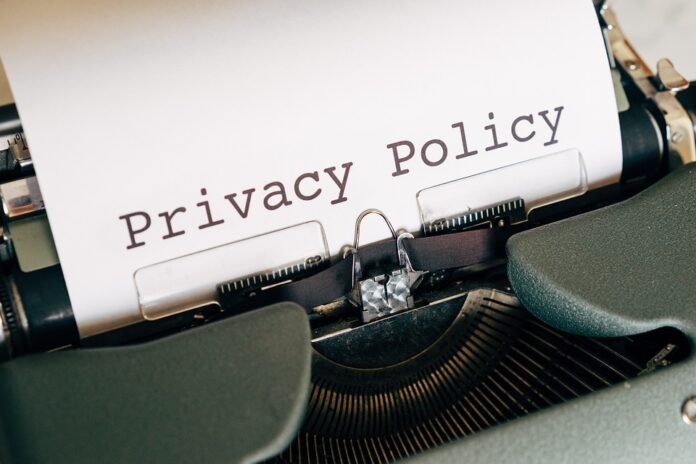Several sectors, including healthcare, banking, and marketing, rely heavily on data collected and analyzed in the modern digital era. Although data is a powerful tool for decision-making and insight-gathering, it also raises legitimate security and privacy issues. An essential step in protecting people’s privacy, data anonymization involves deleting all identifying information from datasets. The significance of data anonymization in protecting privacy will be explored in this essay.
Analyzing Data: What Is It?
Data anonymization involves modifying data in a manner that makes it impossible to associate it with a particular person. Datasets containing personally identifiable information (such as names, addresses, or SSNs) must be anonymized or encrypted in this process. Data anonymization aims to safeguard personal information while enabling valuable data analysis.
Guaranteeing Adherence to Data Protection Laws
Ensuring compliance with data protection standards is one of the primary reasons why data anonymization is necessary. Data anonymization is one method that corporations must use to safeguard people’s privacy in order to comply with laws like the General Data Protection Regulation (GDPR) in Europe and the Health Insurance Portability and Accountability Act (HIPAA) in the US. Heavy penalties and reputational harm await businesses that disregard these rules and laws.
Securely Preserving Private Data
Data anonymization becomes even more crucial when handling delicate information like financial transactions or medical records. Organizations may protect their customers’ privacy and lessen the likelihood of fraud or identity theft by encrypting their data. For sectors where customer information is very valuable, this is of the utmost importance.
#### Maintaining Data Usefulness
Data anonymization is a privacy measure, but it’s still critical to make sure the data can be used for analysis once it’s been anonymized. An important factor to consider when deploying data anonymization techniques is the balance between privacy and utility. Organizations may still gain useful insights while protecting people’s privacy if they keep the data accurate and relevant.
Preventing Data Breach Incidents ###
The theft of sensitive company data by hackers has been on the rise in recent years, leading to a proliferation of data breaches. Companies can lessen the likelihood of data breaches by removing personally identifying information (PII) before anonymizing the data. By taking preventative measures, data breaches can be less severe, and people’s privacy can be safeguarded.
#### In summary
In conclusion, data anonymization is essential for privacy preservation and regulatory compliance with data protection. Organizations may reduce the likelihood of data breaches, protect sensitive information, and keep data useful for analysis by deleting personally identifying information from datasets. Data anonymization should be prioritized in order to retain credibility and confidence with stakeholders and customers since data remains a valuable commodity in today’s digital economy.
### Common Questions and Answers
1. What is the significance of data anonymization?
Data anonymization is crucial because it lessens the likelihood of data breaches, protects people’s privacy, and guarantees compliance with data protection laws.
Second, what is the process of data anonymization?
In order to make it difficult to link data to a particular person, data anonymization is done by erasing or encrypting personally identifying information from datasets.
3. Why is it a good idea to anonymize data?
Protecting private information, keeping data useful for research, and reducing the likelihood of fraud or identity theft are all advantages of data anonymization.
4. What are a few popular methods for making data anonymous?
Data anonymization methods such as masking, hashing, pseudonymization, and generalization are commonly used to safeguard privacy without compromising data integrity.
5. What are some ways that corporations can anonymize their data?
Establishing transparent rules and processes, utilizing encryption and tokenization techniques, and routinely auditing and monitoring data anonymization practices are all ways for organizations to achieve data anonymization.


